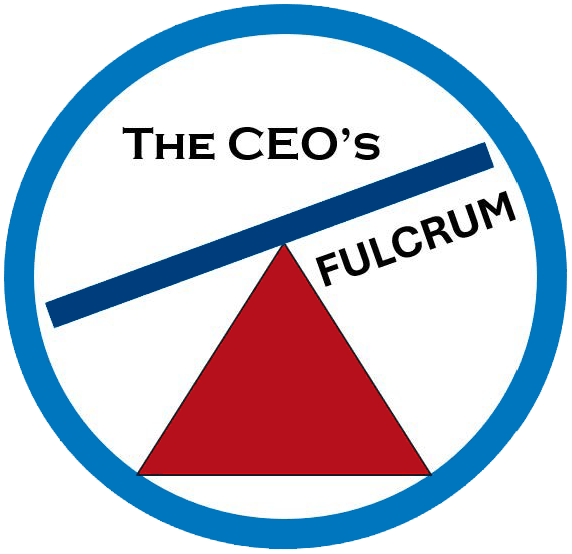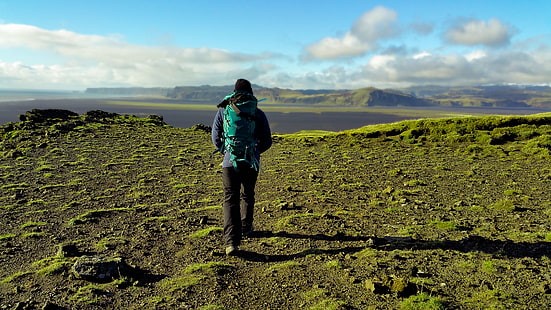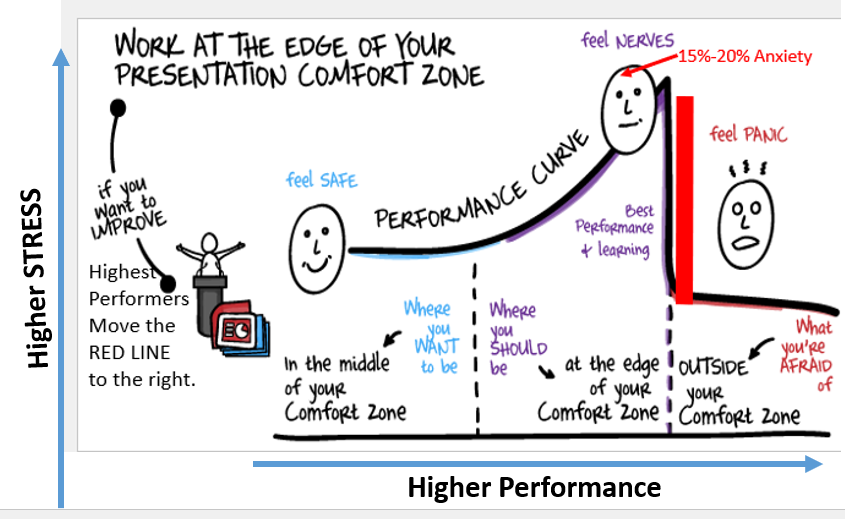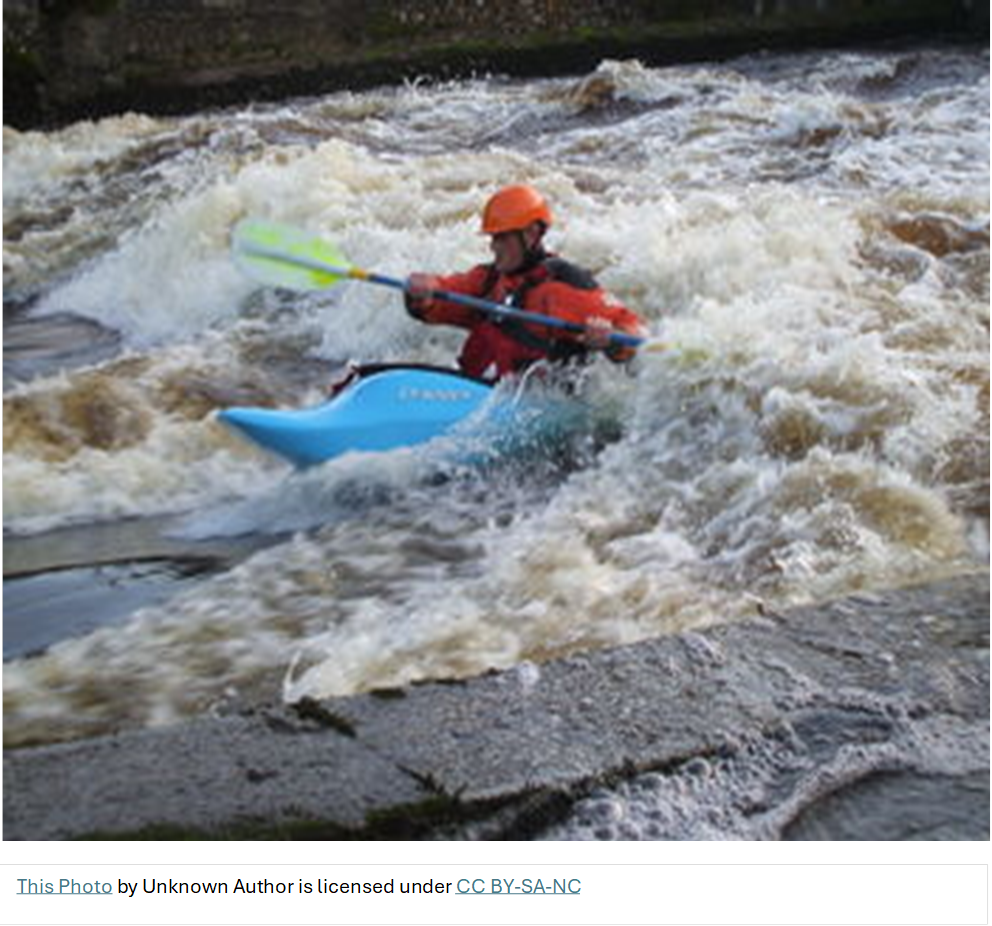As I grew up with questions about the universe and my life, I turned to the experts. I read thousands of books took dozens of seminars and workshops engaged many therapists, only to discover in the end that the vast majority of the most important answers lay within me. I have discovered that the most value I can deliver is in crafting the best questions for another, rather than giving them my best advice.
Human beings, at their very core, are basically good. When I experience people whose behavior I judge bad, I choose to reconsider their behavior in light of everything that has happened and is happening in their life. This does not excuse bad behavior. But it helps me see behind it.



